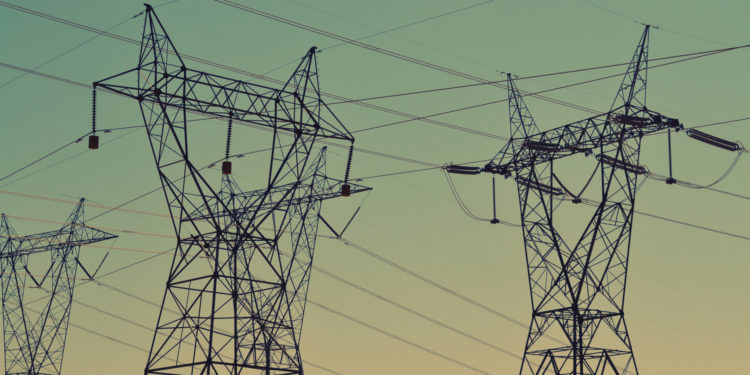When I read about the newly formed committee by the National Economic Council (NEC) on Thursday to address our perennial power problems, I couldn’t help but chuckle. Here we go again – another committee to solve a problem that has defied countless committees before it.
Don’t get me wrong. The intention behind this latest initiative might be noble. After all, as Vice President Kashim Shettima rightly noted, electricity is indeed the oxygen of economic growth. But are we not tired of treating cancer with paracetamol?
To be sure, the committee’s composition looks impressive on paper. We have governors from across the six geo-political zones, ministers of critical portfolios, and technical experts. However, the question remains: What can this committee achieve that previous ones couldn’t?
Let’s face facts. Our national grid has collapsed so many times that we’ve lost count. From 2013 till date, the grid has collapsed 162 times. If
It’s like a fainting patient who needs intensive care, not another diagnosis. The Rural Electrification Agency (REA) has been around for years, yet millions of Nigerians still live in darkness. What magic wand does this new committee possess?
Come to think of it, we already have the Electricity Reform Act 2023. We have the National Electrification Strategy and Implementation Plan. What we lack isn’t frameworks or committees – it’s the political will to implement existing solutions.
Trust our politicians to always create committees when action is needed. It’s like prescribing painkillers for a broken leg. The patient feels temporary relief but the fundamental problem remains unresolved.
However, I must commend the Vice President’s emphasis on private sector-led distributed renewable energy generation. This, in my opinion, is where the real solution lies. We can’t keep putting all our eggs in the national grid basket when it has proven to be as reliable as a politician’s campaign promises.
The states need to take advantage of the Electricity Reform Act and develop their power infrastructure. Lagos has shown it’s possible with the Embedded Power Programme. Other states need to follow suit instead of waiting for the federal government to solve all their problems.
Ok, let’s put it this way – what happens if this committee comes up with brilliant recommendations (as I’m sure they will), and they end up gathering dust like previous reports? What happens to the billions of naira lost daily to power outages while we wait for another committee to study the recommendations of this committee?
I find it interesting that in the same meeting where this power committee was formed, NASENI showcased various innovations including solar irrigation pumps and solar home systems. Shouldn’t we be focusing on scaling up these existing solutions rather than forming new committees?
The truth is that our power sector needs surgery, not band-aids. We need decisive action, not more deliberations. While the committee members are meeting in air-conditioned rooms powered by generators, small businesses are dying due to electricity costs, and students are studying under candlelight.
Consequently, I suggest that instead of waiting for this committee’s report, states should start implementing the Electricity Reform Act. They should partner with private sector players to develop distributed power solutions. The committee can do its work, but the wheels of progress shouldn’t wait for another report.
The solution to our power problems isn’t hidden in some complex formula that only a high-powered committee can discover. It lies in implementing what we already know needs to be done – upgrade our infrastructure, decentralise power generation and distribution, embrace renewable energy, and most importantly, muster the political will to make tough decisions.
Until then, this committee, like many before it, might just end up being another talkshop while our national grid continues its dancing competition with gravity.



